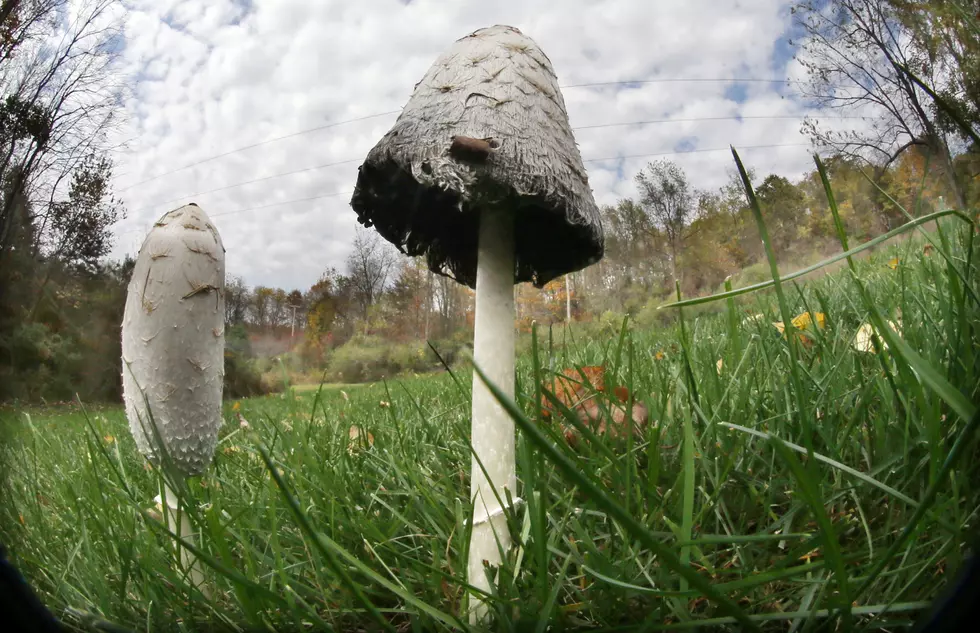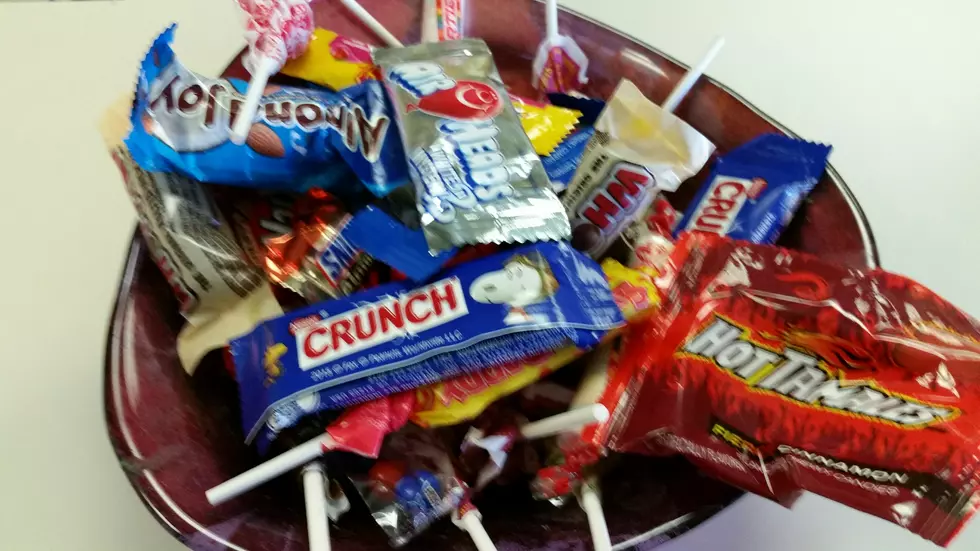
Don’t eat these! NJ faces potentially dangerous wild mushroom season
Medical experts say you never want to consume a random mushroom growing in your backyard or at a local field.
But your chances of encountering these potentially toxic fungi — or your kid's or pet's chances — are much greater this summer thanks to a recent mix of hot, humid and wet weather in New Jersey.
The New Jersey Poison Control Center is warning residents of a potentially dangerous wild mushroom season. Each year, the center is called on cases of mushroom exposure and poisoning. Symptoms typically include intense vomiting and diarrhea, dehydration and damage to vital organs. Cases have led to hospitalizations and even deaths.
"Mushrooms that we see in New Jersey may not be the same exact mushroom that you think that you have picked or eaten from somewhere else in the country," said Bruce Ruck, managing director of the New Jersey Poison Information and Education System at Rutgers New Jersey Medical School.
And one perfectly safe mushroom, he added, may look identical to one that could kill you if eaten.
Ruck advises residents to dig out mushrooms and dispose of them properly, so that no child or pet can get to them.
And the center advises folks not to follow tips from online recipes and specialty cookbooks that encourage people to add a twist to their meals by foraging for wild mushrooms.
"The cooking process does not prevent the toxic health effects of some mushrooms," said Diane Calello, executive and medical director of the center. "Depending on the type of mushroom, eating even a few bites can cause serious health concerns. Our recommendation is it's unsafe for the general public to pick and eat mushrooms found in the wild, no matter the scenario."
In the event of potential mushroom poisoning:
- Do not wait until symptoms appear. It's important to get medical help immediately.
- Call your local poison control center at 1-800-222-1222. It's free, confidential, and available 24/7.
- Remove all pieces of the mushroom from the person's mouth and put the pieces into a paper bag (not plastic). Also, collect and bag all mushrooms growing near the one that was eaten.
- Take a digital photograph of the mushroom in question.
Unless you're an "absolute mushroom expert," Ruck said, stick with only eating mushrooms from reliable sources, such as a grocery store or farm market.
Contact reporter Dino Flammia at dino.flammia@townsquaremedia.com.
LOOK: Here are the pets banned in each state
The best outdoor beer gardens at NJ breweries
More From New Jersey 101.5 FM









